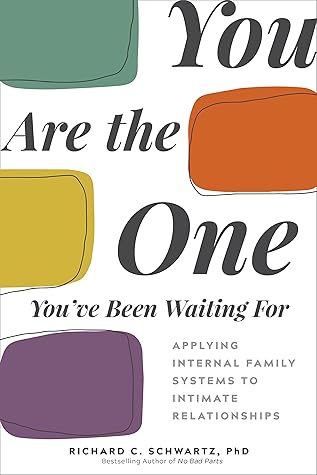More on this book
Community
Kindle Notes & Highlights
Read between
May 31 - June 3, 2024
Children get the message that they are unlovable in three different ways. The first two happen when parents objectify their kids—view them as something other than who they are. Some parents objectify by conveying that their child is very valuable, even essential, but only in a certain role. Such parents treat their children as: surrogate spouses, confidantes, or lovers; trophies whose performance or appearance should enhance the parents’ egos; sources of entertainment or distraction; saviors of their tenuous marriages; or allies against their enemy spouse. Children of those parents get the
...more
Children in the second group aren’t confused at all about why they feel bad. Their parents objectified them as unwanted burdens that have ruined their lives, scapegoats for their own failings, targets of their displaced rage, or sex toys to be used and discarded. Often these children not only carry the embedded message from the parent that they aren’t valued but they also blame themselves for creating the parent’s behavior. They ask themselves, Why would my mother be that way if there wasn’t something wrong with me? and conclude that there must be something wrong with them.
It is this realization of connectedness that allows you to give your partner the freedom to grow.
It is the same kind of love that a parent wants to have for their child, to let them follow their heart without undue concern for their needs and with an abiding sense of the parent’s loving presence accompanying them even when they come to love someone else, adopt beliefs and practices that contradict theirs, or are geographically distant.


